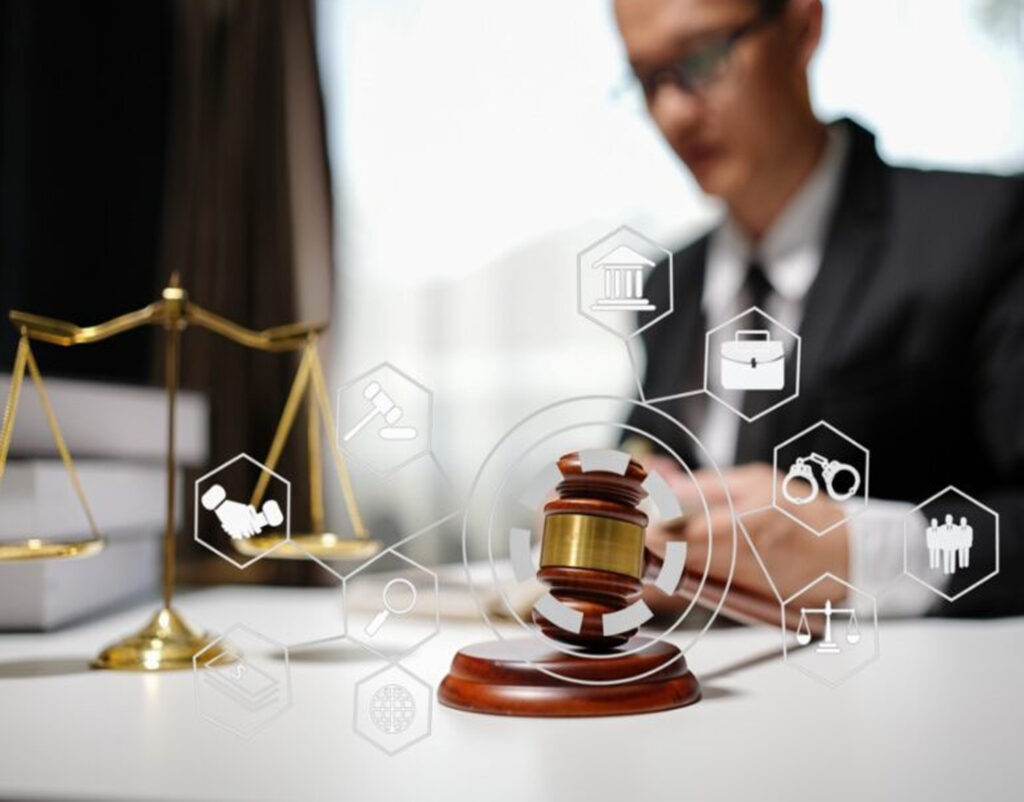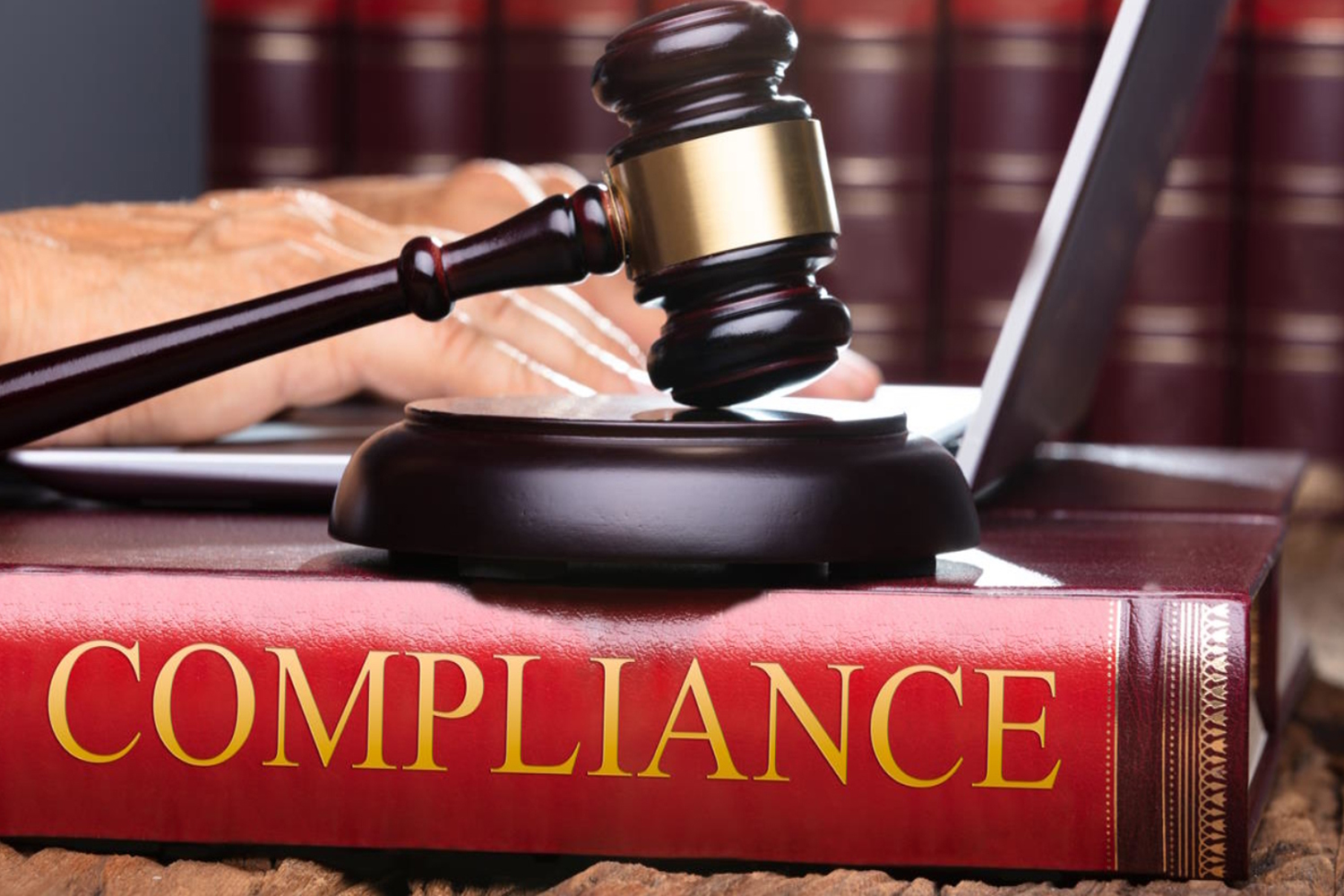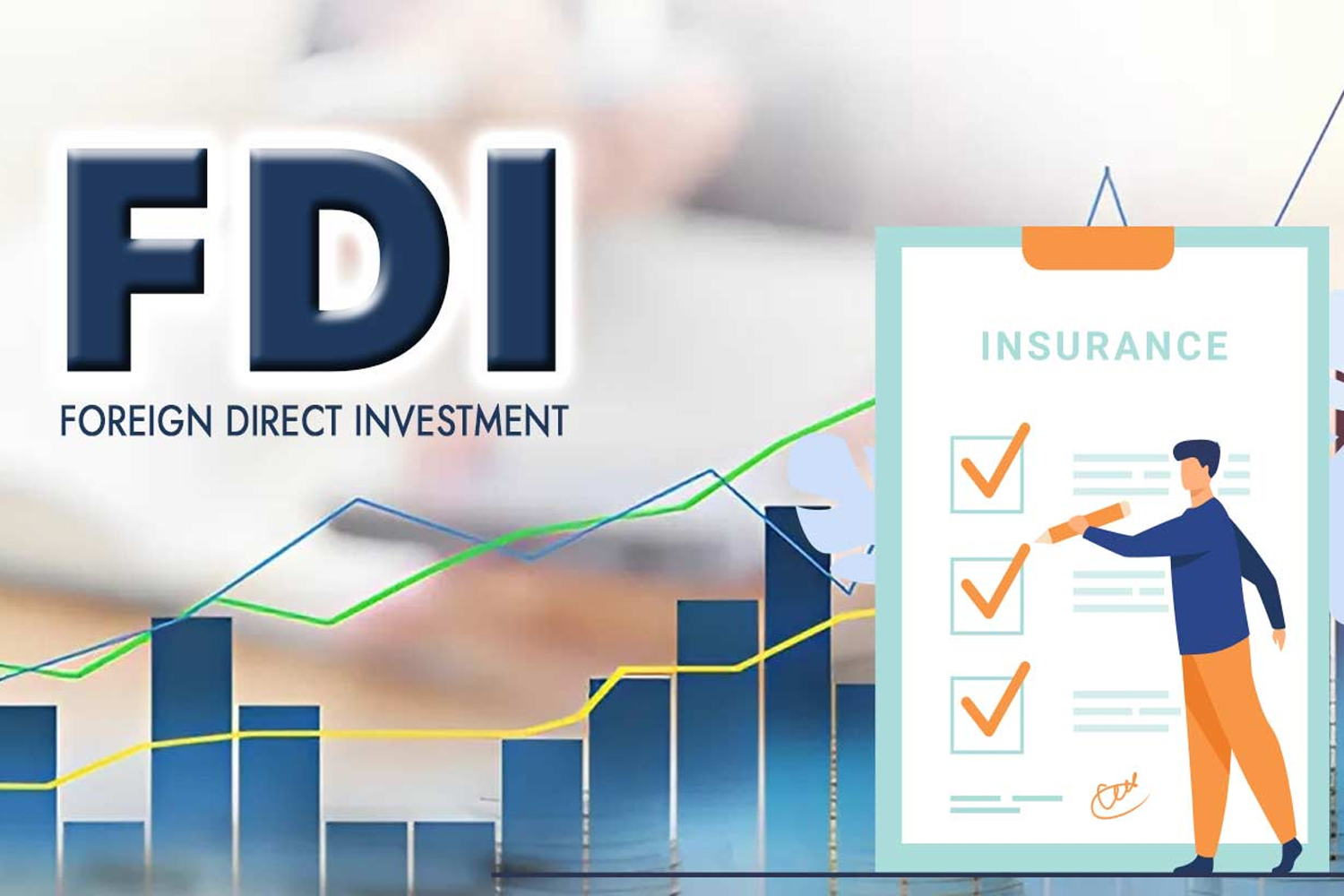In today’s fast-paced and interconnected global economy, organizations face an intricate web of laws, regulations, and ethical standards. Navigating this environment can be challenging, and failure to comply often results in costly penalties, reputational damage, and even the loss of business licenses. This is where legal and compliance services step in—offering the knowledge, structure, and guidance businesses need to operate safely, ethically, and successfully.
Legal and compliance services are not just about risk avoidance. They also create a foundation for trust, ensuring businesses operate transparently and sustainably. From drafting contracts to managing data privacy or ensuring labor law adherence, these services provide the assurance that businesses can innovate and expand without breaching critical regulations.
The Core of Legal & Compliance Services
- Legal Services: Focused on protecting the rights and obligations of individuals and organizations. This includes corporate law, contracts, intellectual property, litigation, employment law, mergers and acquisitions, and dispute resolution.
- Compliance Services: Ensuring businesses follow regulatory requirements, industry standards, and ethical codes of conduct. Compliance covers areas like anti-money laundering (AML), data protection, corporate governance, and environmental regulations.
Why They Matter in Modern Business
The importance of legal and compliance services has grown significantly in recent years, influenced by globalization, digital transformation, and increasing regulatory scrutiny. Businesses now operate across multiple jurisdictions, each with its own legal frameworks.
Some key reasons why these services are essential include:
- Risk Management: Identifying and mitigating legal and regulatory risks before they escalate.
- Reputation Protection: Compliance builds credibility and public trust, especially in sensitive industries like finance, healthcare, and technology.
- Operational Efficiency: Clear guidelines and frameworks prevent costly disputes, fines, and disruptions.
- Global Expansion: Businesses entering new markets rely on legal guidance to navigate foreign laws and compliance standards.
- Innovation Enablement: Ensuring new products, services, or technologies comply with legal frameworks before launch.
Key Areas of Legal & Compliance
- Corporate Governance: Establishing transparent systems for board operations, shareholder rights, and decision-making.
- Employment Law: Managing labor contracts, workplace disputes, and fair employment practices.
- Intellectual Property (IP): Protecting innovations, brand assets, and creative works from misuse.
- Contract Management: Drafting and reviewing agreements to safeguard the interests of all parties.
- Data Protection & Privacy: Ensuring compliance with frameworks like GDPR (Europe) or CCPA (California) in the digital era.
- Anti-Money Laundering (AML) & Anti-Bribery: Monitoring transactions and practices to prevent financial crimes.
- Environmental Compliance: Adhering to sustainability regulations and reporting standards.
- Taxation & Regulatory Compliance: Meeting obligations across multiple tax jurisdictions.
The Role of Technology in Compliance
Just as technology has disrupted industries like retail and media, it has also transformed legal and compliance services. Businesses now turn to LegalTech and RegTech (regulatory technology) to streamline operations.
- AI-Powered Contract Review: Artificial intelligence can analyze contracts in seconds, identifying risks or inconsistencies.
- Automated Compliance Monitoring: Software tracks regulatory changes in real-time, ensuring organizations remain up to date.
- Blockchain Applications: Smart contracts and secure record-keeping reduce disputes and improve transparency.
- Data Analytics: Identifying suspicious transactions or compliance breaches faster and more accurately.
- Online Dispute Resolution: Digital platforms simplify mediation and arbitration processes.
These tools allow businesses to reduce human error, save time, and focus more resources on strategic growth while staying compliant.

Challenges in Legal & Compliance Services
- Constantly Changing Regulations: Laws evolve quickly, especially in areas like data privacy and financial services.
- Cross-Border Complexities: Companies operating globally must navigate multiple, sometimes conflicting, legal systems.
- High Costs: Legal services are often expensive, making compliance a burden for smaller businesses.
- Cybersecurity Risks: Sensitive legal and compliance data must be protected from breaches.
- Cultural and Ethical Issues: Compliance is not only about law but also about respecting local customs and ethical standards.
- Resource Limitations: Many organizations struggle to find skilled professionals who can balance both legal expertise and technological literacy.
Benefits of Strong Legal & Compliance Frameworks
- Investor Confidence: Well-governed companies attract investment and partnerships more easily.
- Employee Trust: Transparent employment practices create a positive workplace culture.
- Customer Loyalty: Consumers prefer businesses that protect data and follow ethical practices.
- Competitive Advantage: Compliance can be marketed as a differentiator, particularly in industries like fintech or healthcare.
- Long-Term Sustainability: Organizations with strong compliance frameworks are better positioned to withstand crises.
The Human Side of Legal & Compliance
While technology and frameworks are critical, people remain at the center of legal and compliance services. Lawyers, compliance officers, and consultants combine deep expertise with ethical judgment to guide organizations through complex situations.
Their roles often go beyond technicalities—they serve as advisors, negotiators, mediators, and, at times, crisis managers. The trust between these professionals and their clients is what makes the system work effectively.
The Future of Legal & Compliance Services
- Global Harmonization: Efforts to create standardized compliance frameworks across countries.
- Preventive Law: A shift from reactive legal solutions to proactive strategies that prevent disputes.
- Ethical Business Practices: Compliance expanding beyond legal requirements to include corporate social responsibility.
- AI and Automation: Increased reliance on machine learning to predict risks and streamline compliance.
- Remote Legal Services: Virtual consultations and online compliance platforms will continue to grow.
- Focus on ESG (Environmental, Social, Governance): Investors and regulators increasingly demand accountability in sustainability and governance.
Conclusion
Legal and compliance services may not always capture headlines, but they are the backbone of modern business. They ensure organizations can grow, innovate, and compete while staying within ethical and regulatory boundaries. In a world where trust, transparency, and accountability are paramount, these services act as guardians of both reputation and sustainability.
As regulations become more complex and global markets more interconnected, businesses will need legal and compliance partners more than ever. The key lies in balancing technological innovation, human expertise, and ethical responsibility.
Ultimately, legal and compliance services are not just about following rules—they are about building systems of trust that allow businesses, communities, and economies to thrive in a fair and secure environment.












